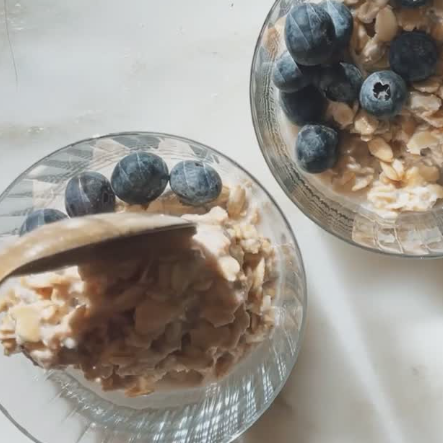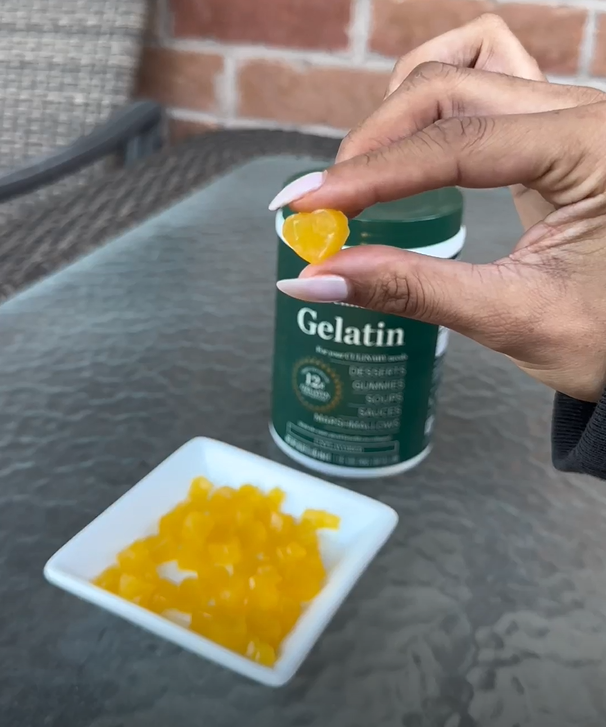Are you Mindful about Eating?
Let’s get MINDFUL about our eating. Take control and pay attention to what you are consuming. After eating a meal or a snack, have you ever experienced the realization that you don’t know what you ate, much less how much you ate? Practicing mindfulness is a powerful tool to your wellness journey. If you want to lose or maintain your current weight, enjoy your meals, and improve your relationship with food try some of the mindful eating tools provided below.

Pay attention to your body. When consuming a meal, it is important to listen to your body and gauging your level of hunger or lack of. This is a very basic concept but one many of us don’t practice.
- Do not skip meals. Do not wait until you are so hungry you can’t see straight. We tend to make unhealthy choices, eat quickly, and overeat when we get too hungry.
- Stop eating before you are so uncomfortably full. Finalize the meal by pushing your plate away, wrapping up your leftovers or clearing the table.
- After your meal, pay attention to how you feel. Do you feel energized? Or do you feel tired or sluggish? What did you eat? Was is healthy or unhealthy? How much of it did you eat? If you feel mentally and physically good after your meal, stop and take a mental note. Do the same if you feel tired and sluggish. Remember what you did and how that behavior made you feel both mentally and physically.
- Pay attention to WHY you are eating. Are you eating because you are hungry? bored? stressed? sad? happy? You should eat to fuel your body. If you find that you are eating because of emotional “hunger” not because of physical hunger then it’s important to come up with ways to deal with those emotions rather than eating them (journal, take a walk, make a cup of tea, chew a piece of gum, talk to a friend or family member).

Be mindful of your surroundings and distractions. Try to eat while sitting down and with minimal distractions.
- Sit down and eat your meal. When you are distracted while eating you may not feel satisfied and may potentially overeat.
- Avoid multi-tasking while you eat (working, watching TV) you tend to overeat because you are more focused on the activity than the meal.
- If eating without distractions is not possible for all three meals, try to eat at least two meals this way. If that’s not possible, try for at least one meal a day distraction free.
Be mindful of the time it takes to eat a meal.
- Take your time with each bite. Chew your food well. Try the 20/20 rule. Chew each bite for 20 seconds and make sure to enjoy your meal for at least 20 minutes. This helps with digestion and can help to prevent gas and bloating.
- Did you know that it takes about 20 minutes for satiety hormones to be released from your stomach which signal your brain that you are full? This is another reason why it’s important to take your time while eating, because your odds of stopping before you get stuffed are better.
- Some tools to help you slow down your meals: Put your fork down between each bite. We tend to have our next bite ready to go before we even swallow the bite we’re chewing. Eat with your non-dominant hand. Take a moment between each bite and take a sip of water. Not only will this slow down your meal, but it will likely help you to feel fuller and eat less.

Be mindful of your portion sizes.
- Use smaller bowls and plates. A salad plate that looks full is more enticing than a larger dinner plate that is half empty.
- Instead of putting your food on the table family style, plate up the food for each person from the kitchen. If you put the food in front of you and everyone serves themselves, the more likely you will overeat without really thinking about it.
- Always portion out food from the package. Don’t eat right out of the bag or box.

Be mindful. Start by making small and realistic changes.
- Try to pick one meal a day to eat mindfully. Increase as you see fit.
- Have a friend or family member eat mindfully with you, so you can share your experiences and have support.
- There will be times when you must eat quickly and that’s ok. Try to be mindful as much as possible.
- You can find some great ideas and recipes you can use throughout the day to get you started here.
- Mindful eating takes time and practice.

Mindful eating is a powerful tool, allowing individuals to manage their eating patterns. It may even help to promote weight loss because it helps you maintain an in-the-moment awareness of the food and drink you put into your body. Observe rather than judge how the food makes you feel. Mindfulness promotes well-being, balance, and choice. And remember eating mindfully takes practice, take it one bite at a time.
References:
The Center for Mindful Eating. www.tcme.org








